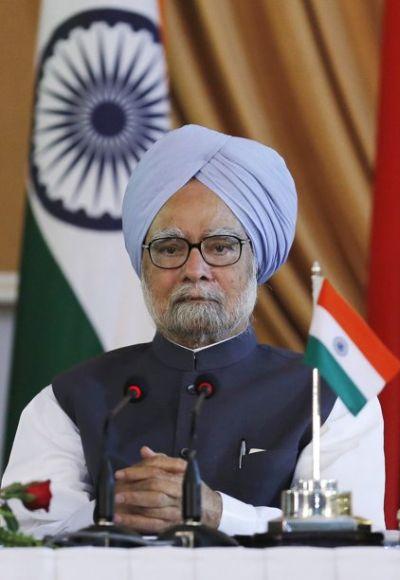
Prime Minister Manmohan Singh clarifies his office's involvement in the deal that's facing criticism from the opposition and the media. Claims that permissions are granted following proper procedures and guidelines.
There have been media reports over the last few days on the India-UAE (Abu Dhabi) Bilateral Air Services Agreement and on the Jet Airways-Etihad equity stake proposal.
Some of these reports have inferred that the Prime Minister's Office (PMO) is playing a role in the Jet Airways-Etihad proposal.
1. The allegations in some media are factually incorrect and baseless. There is absolutely no disagreement within the government or between the ministers and prime minister on the matter.
The prime minister is neither washing his hands off the Bilateral Air Services Agreement nor is the Prime Minister's Office trying to do a U-turn on the issue now.
Two different matters: A Bilateral Air Services Agreement and a Private Equity Stake proposal
2. There are two distinctly different matters being reported by the media. The first is the enhancement of seat entitlements under a Bilateral Air Services Agreement between India-Abu Dhabi.
This is an inter-government agreement on bilateral air traffic seat entitlements and concerns the governments of the two countries.
…
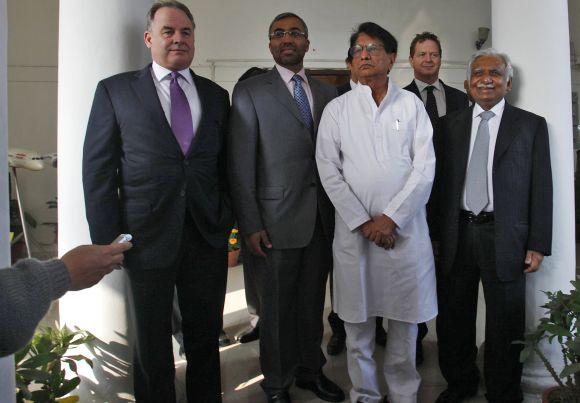
The second is an equity stake proposal between Jet Airways and Etihad, which is a private agreement between two private entities.
Such agreements, as they involve foreign direct investment (FDI), have to be as per the laws of the land and any government policies in place in this regard.
Seat entitlements under the India-UAE (Abu Dhabi) Bilateral Air Services Agreement
3. As far as the Bilateral Air Services Agreement is concerned, the facts are simple. Changes in seat entitlements under Bilateral Air Services Agreements are normally entered into by the Ministry of Civil Aviation with its counterparts in other countries.
These changes are done through a Memorandum of Understanding (MoU) and do not need approval at higher levels.
4. However, on April 22, 2013, the Minister of Civil Aviation, sought the Prime Minister's clearance for concluding an MoU with Abu Dhabi with a seat entitlement which was different from that recommended by an Inter-Ministerial Group.
This is how the matter came up to the prime minister's level. The prime minister directed the finance minister to hold a meeting with the ministers of civil aviation, external affairs and commerce & industry to discuss the matter in detail. The ministers met and agreed to a proposed mandate for the bilateral negotiations.
5. Later on the same day (April 22, 2013), the ministers met the prime minister to discuss the matter.
…
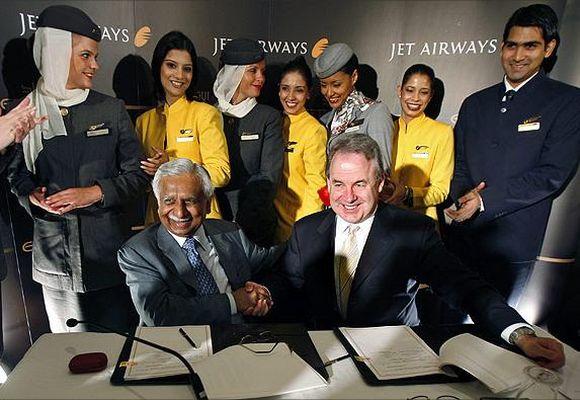
This was attended by the National Security Advisor and the Principal Secretary to the PM.
In this meeting, the pros and cons of the enhanced seat entitlement were discussed, including the reasons for the mandate that was being finally given.
At the end of the discussions, it was agreed to give an "in-principle" go ahead to the negotiating team as per the formulation mentioned in the minutes of the earlier meeting.
6. The prime minister subsequently, on April 26, 2013, asked for the matter to be brought to the Cabinet. He even spoke to the Minister of Civil Aviation in this regard.
On April 29, 2013, the PMO asked the Ministry of Civil Aviation formally to bring the matter to the Cabinet followed by a reminder on May 20, 2013.
7. Subsequently, a note was received in the PMO on the impact of Middle eastern carriers on our aviation sector.
…

This was sent on April 22, 2013 to the Ministry of Civil Aviation for consideration.
8. When the Cabinet Note was received by the PMO, it was felt that the Note should be reformulated to reflect the sequence of events and the discussions more accurately as its current formulation did not explain the detailed examination of the matter that had taken place on April 22, 2013.
An accurate description of issues would make it easier for readers of the Cabinet Note to understand the multiplicity of issues that have a bearing on the matter and the reasoning behind the mandate.
It was in this context that the PMO sent a Note to the Ministry of Civil Aviation on June 13, 2013 to redraft the Cabinet Note.
Jet Airways Etihad Equity Stake Proposal
9. This is a matter between private parties, which needs to be approved by the concerned agencies as per the policies and laws in place.
This is not an agreement between governments and there is no question either backtracking from or disowning this proposal as this is not an agreement with the government.
…
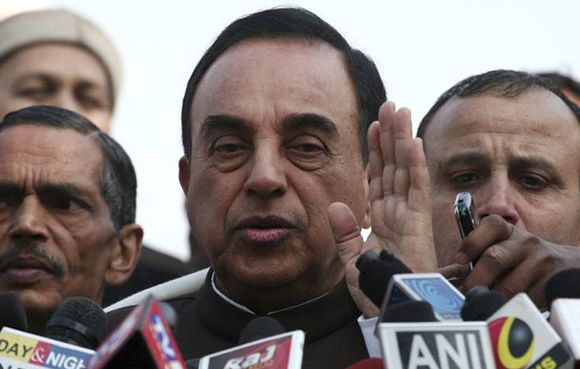
Complaints about the Agreement
10. The PM received the following letters on the matter:
i. Letter from Shri Gurudas Dasgupta dated May 1, 2013
ii. Letter from Shri Prabodh Panda dated May 2, 2013
iii. Letter from Dr Sucharu Ranjan Haldar, MP dated May 3, 2013
iv. Letter from Dr Subramanian Swamy dated May 29, 2013
v. Letter from Shri Jaswant Singh, MP dated May 31, 2013
vi. Letter from Shri Ajay Sancheti dated June 13, 2013
vii. Another letter from Shri Ajay Sancheti dated June 21, 2013
…
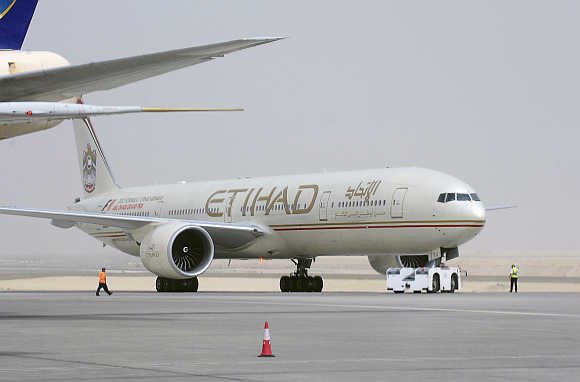
11. Some of these letters were related to the India-UAE (Abu Dhabi) Bilateral Air Services Agreement and some were related to the Jet Airways-Etihad equity stake proposal. The action taken on each of these letters is as follows:
i. Matters relating to the Air Services Agreement were referred to the Ministry of Civil Aviation for examination and action.
ii. Matters relating to the Jet Airways-Etihad equity stake were referred to the Ministry of Civil Aviation, Department of Industrial Policy & Promotion, Department of Economic Affairs and the Ministry of Corporate Affairs for examination and appropriate action, as they were concerned with various aspects of the complaints.
iii. Issues raised in the letters relating to security concerns in the context of the FDI policy in civil aviation were referred to the Cabinet Secretary for examination to suggest whether there is a need to look into any issues afresh.
12. As far as the Bilateral Air Services Agreement was concerned, the Cabinet Note was asked to be kept in abeyance till responses on letters with complaints on the agreement and on security concerns were received.
The text of response to media reports on the India- UAE (Abu Dhabi) Bilateral Air Services Agreement, issued by Prime Minister of India, Manmohan Singh, July 2, 2013. The annexures are available on the website of the Press Information Bureau.